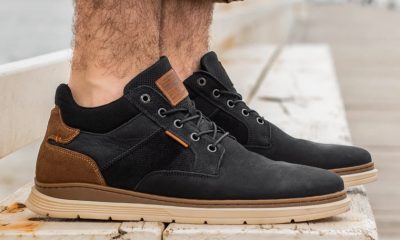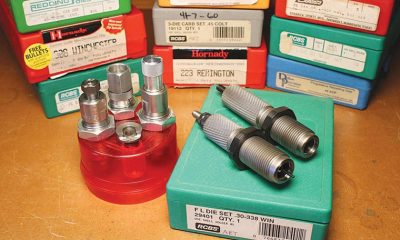Health & Beauty
The 10 Most Potent Essential Oils and Their Uses
Aromatherapy is a type of alternative medicine that uses plant extracts to enhance health and well-being with the use of natural essential oils. However, some of the health claims made about these oils are debatable. This article will teach you everything you need to know about essential oils and their health benefits.
Essential oils are plant-derived chemicals. The oils capture the aroma and flavour of the plant or its “essence.” Each essential oil has a distinct aroma due to the presence of unique aromatic components. Distillation (through steam and/or water) or mechanical processes, such as cold pressing, is used to produce essential oils.
The Health Effects of Essential Oils
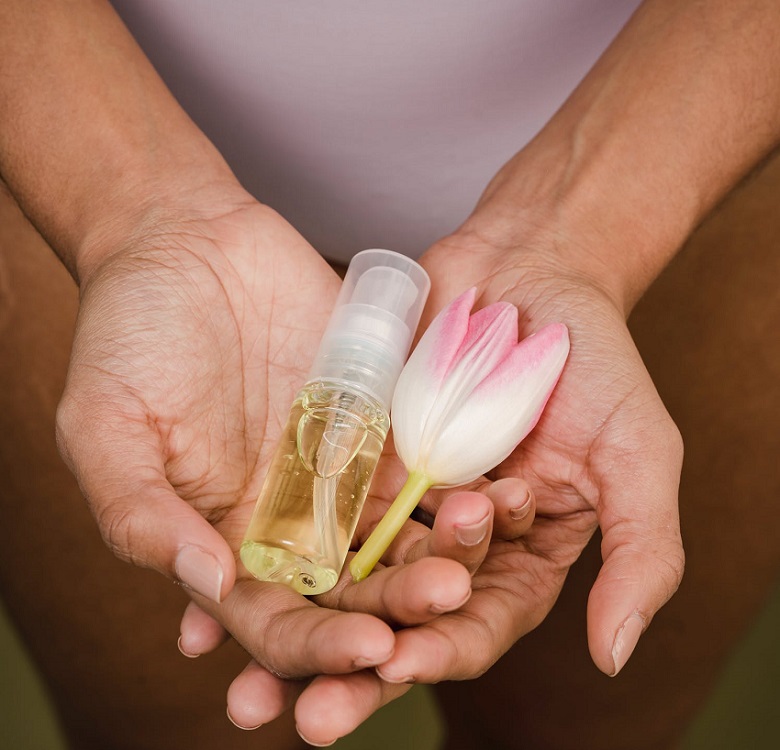
Despite their widespread use, little is known about essential oils’ ability to cure specific health concerns. It is believed that 43% of people who suffer from stress and anxiety use some type of alternative therapy to help them feel better. Initial research on aromatherapy has proven quite positive. Many studies have demonstrated that the aroma of particular essential oils can be used in conjunction with standard therapy to relieve anxiety and stress, but there are also many other believed benefits to them.
Lavender
Lavender is mild and has many advantages, and it can be used in a variety of ways. Try aromatherapy by adding it to a bath or diffuser, blending it with water to make a room spray or body spritzer, or combining it with a base oil to make body oil. Lavender has been shown to aid with tension, pain, and sleep. Before antiseptics were discovered, lavender was also utilised as a cleaning agent in hospitals and homes.
Tea tree
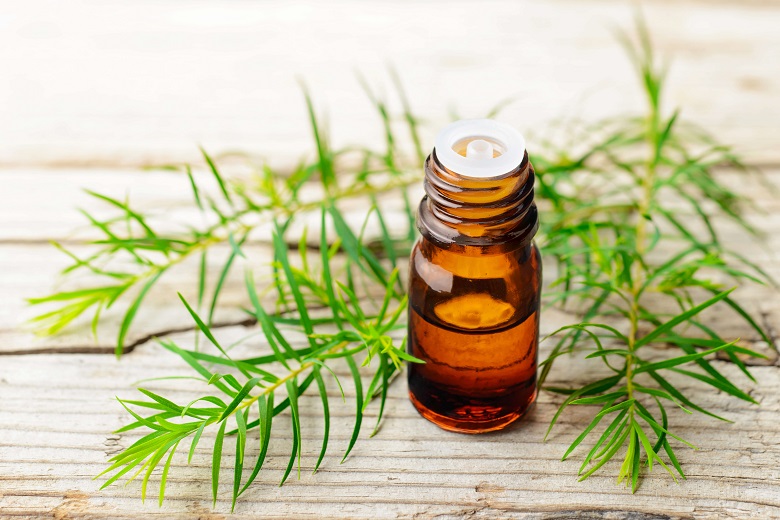
Tea tree oil is commonly used as an antiseptic, antibacterial, or antifungal. It can also be used to treat acne. Dip a cotton swab into the tea tree essential oil. Then apply it directly to the acne – this is one case where you don’t need to dilute it. To treat athlete’s foot and ringworms, dilute it with a carrier oil (a base or vegetable oil, such as coconut or jojoba oil, that helps dilute essential oils) and apply the mixture to the affected skin.
A great example of quality oil is the Thursday Plantation oil because it has the potency and the antibacterial power of tea trees to treat dry or inflamed skin conditions. It contains Australian Tea Tree Oil, Australia’s natural antiseptic. Apply liberally to minor wounds, cuts, scratches, abrasions, insect bites and other minor skin irritations.
One word of caution: Because tea tree oil can be neurotoxic, you should avoid diffusing it if you have small children or pets at home.
Frankincense
Known as the “King of Oils,” frankincense can assist with inflammation, mood, and sleep. According to studies, it can also help with asthma and may help prevent gum disease. Frankincense oil has a woody, spicy scent and can be found in skin lotions. Make sure to dilute frankincense oil before putting it on your skin.
Eucalyptus
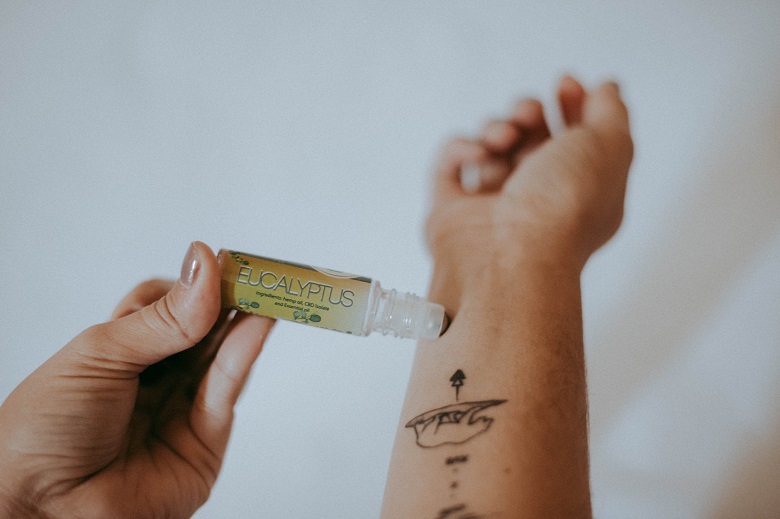
During the chilly season, Eucalyptus is an excellent essential oil to have on hand. It relieves a stuffy nose by opening the nasal passages, allowing you to breathe more easily. Peppermint oil can also assist with this. Eucalyptus can help reduce pain and combat the herpes simplex virus due to its antibacterial and anti-inflammatory qualities. When using eucalyptus oil, use caution and dilute it before applying topically. It should not be consumed and can have harmful effects on children and pets.
Vetiver
Vetiver essential oil, originally from Madagascar, has a musty and earthy perfume that is steam distilled from the root, fostering balance and bliss. Diffuse before meditating in the morning for a more grounded experience. Blend with ginger essential oil for a gently spicy warm aroma.
Oregano
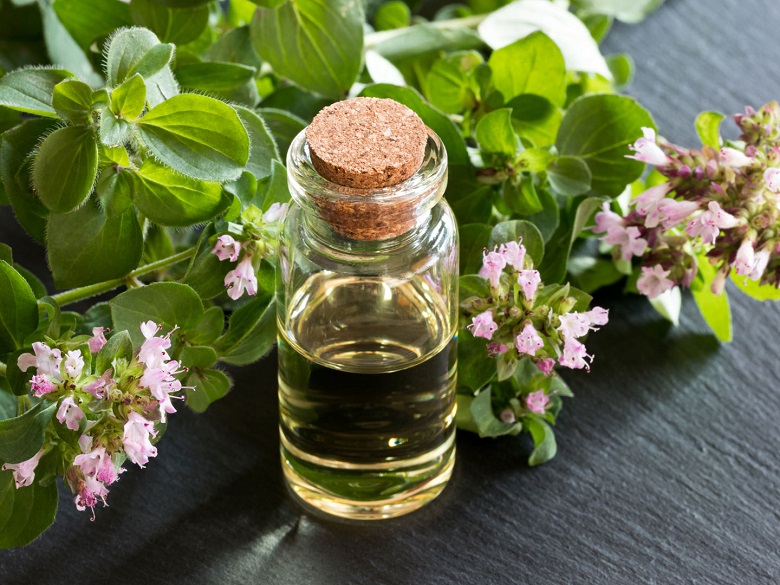
This wonderful smell, derived from the Latin name organism, which means ‘the joy of the mountains,’ provides a vivid alternative. Diffuse Oregano essential oil with JoyTM essential oil for a warm and stimulating scent that will transform your house into your unique refuge. Oregano+, a culinary must-have, rounds out the herbaceous offering.
Grapefruit
Grapefruit essential oil is derived from evergreen trees that may grow up to nine metres tall and just like the tea tree Thursday Plantation oil is ideal for blending with lotions, toners, and cleansers for fresh and clean skin. If your kitchen bin stinks, saturate a cotton ball in grapefruit essential oil and place it in the bin’s empty base. Allow the baking soda to settle on the bottom of the pan overnight. The next morning, you’ll wake up to beautifully cheerful notes.
Lemongrass
Lemongrass oil has a distinct citrus aroma and is known to help relieve tension, anxiety, and despair. Its antimicrobial characteristics make it an effective natural medicine for healing wounds and killing bacteria. It has been demonstrated to inhibit the growth of fungus seen in athletes’ feet, ringworm, and jock itch.
Rosemary
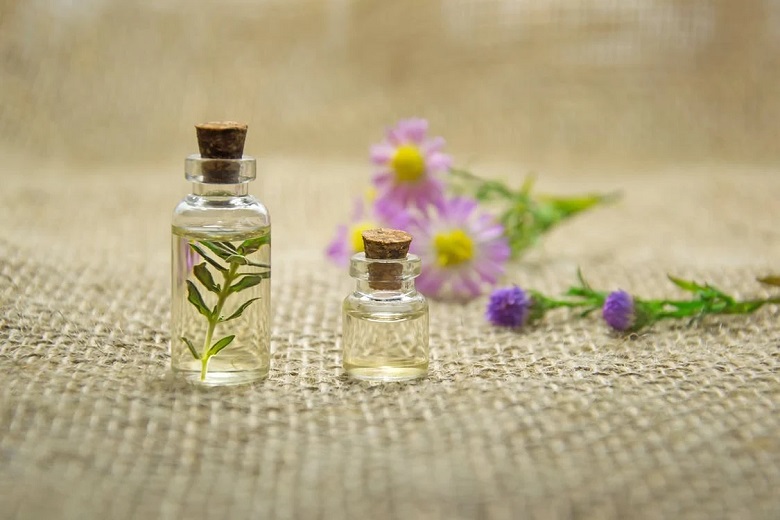
You’ve definitely used rosemary to flavour some of your meals. However, rosemary oil offers other benefits such as enhancing cognitive function, stimulating hair development, lowering pain and stress, improving mood, and reducing joint inflammation. Rosemary oil can be used safely in aromatherapy and topically on the skin when combined with a carrier oil. It is best to avoid taking rosemary oil if you are pregnant, have epilepsy, or have high blood pressure.
Cedarwood
With its woodsy aroma, cedarwood oil, which has antioxidant and antibacterial effects, is a popular ingredient in insect repellent, shampoo, and deodorant. However, cedarwood oil can also be used to help with sleep and anxiety. Cedarwood oil can be used as an aromatherapy treatment as well as a topical treatment when combined with a carrier oil.
How to Make Use of Essential Oils
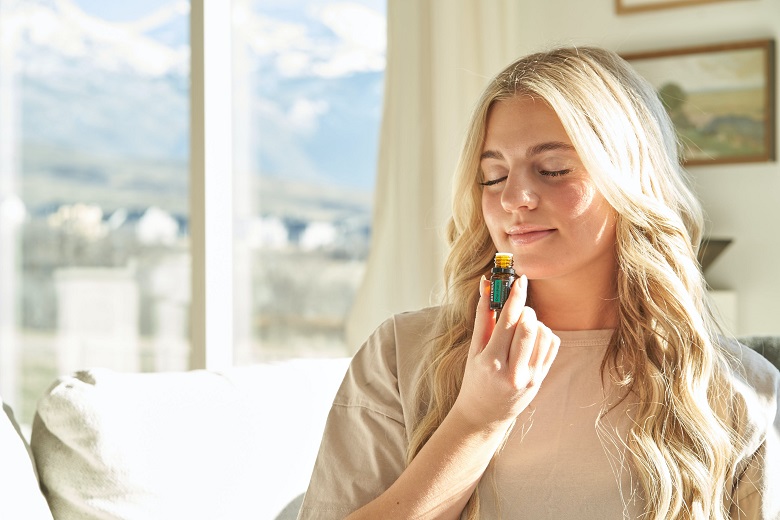
As aromatherapy is becoming more and more popular, there are many products on the market so you need to be careful with choosing your oils. If you want quality, look for organic and reliable options like the natural Thursday Plantation oil products.
Moreover, because essential oils are so potent, consider why and how you’re using them. Only little amounts are utilized, usually just a few drops. It’s also a good idea not to use them regularly because your body can become accustomed to them, reducing their efficiency.
Aromatherapy can be achieved by diffusing essential oils with a special diffuser. There is also the traditional method of breathing it in. After opening the bottle, take several deep breaths of the perfume. Some people like to place a few drops of essential oil on a cotton ball and inhale the aroma as it dissipates.
Whatever way or form you choose, make sure it’s in the proper amounts for a fulfilling and harmonious experience. Use essential oils with caution for children, those with compromised immune systems, pregnant women, the elderly, and animals.
As a proud Pisces known for the selflessness, Olivia joined up the blog fascinated by the idea she can help readers with info on topics and their related benefits like health and beauty, travel, food and drinks. When not writing, she likes to call it a day reading comic books in the company of her Tonkinese cat Chatty or binge-watching The Big Bang Theory with her SO like the nerd she is.



